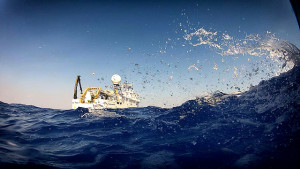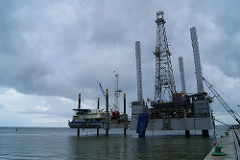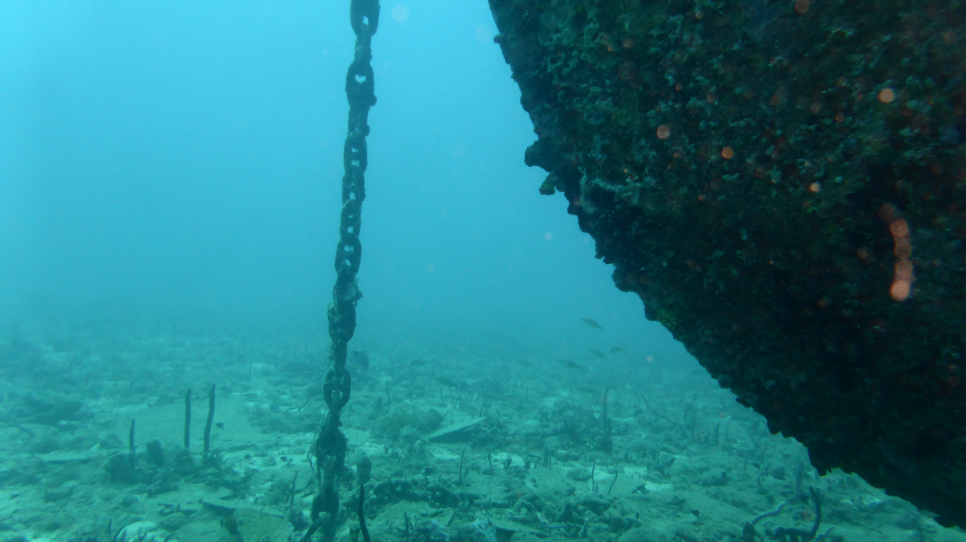Doyle Dennis Avery LLP Trial Lawyers has filed suit against E Squared Marine Services LLC, Citgo Petroleum Corporation, and Gulf Sulphur Services Ltd., LLP under the Jones Act and general maritime law and for the arbitrary and capricious denial of maintenance and cure
The suit was brought to collect damages caused by the negligence of the client’s Jones Act employer, E Squared Marine, and the negligence and unseaworthiness of the barge Duval 3, and its crew, directly contributing to serious injuries on or about November 15, 2014 in the inter-coastal water of Louisiana. On or about November 15, 2014, Doyle Dennis Avery LLP ’s client was at the dock of Citgo’s Lake Charles Refinery loading sulfur into the Duval 3, a barge owned by Defendant Gulf Sulphur Services. Plaintiff, employed as a crewmember for E Squared Marine, was working on a transfer between the refinery, owned and operated by Citgo, and the barge, owned by Gulf Sulphur Services. Without warning, the barge exploded. The blast, which sent flames high into the air, occurred within approximately 30 feet of the client. He went into shock and noise induced hearing loss. He quickly called Citgo personnel over the radio, commanding a shutdown be performed. A second blast occurred, along with a third emission of heat and gas.
Doyle Dennis Avery LLP ’s Client suffered hearing loss, head trauma, dizziness, tinnitus, an inability to maintain balance, and severe headaches. Defendants failed their duty to the Plaintiff by not providing a vessel and its appurtenances suitable for its intended use as the Fire Department’s inspection revealed the barge’s tank had not been cleaned as frequently as required, causing crystal formation within the tank and increasing the risk of a fire ignition. Further, the United States Coast Guard determined the cause of the explosion could also be attributed to the sensor/thermostat aboard the barge providing false readings, causing the tank to heat the sulfur to a degree highly dangerous and increasing the risk of such an explosion. The grounding cable was also improperly grounded before the explosions occurred. The dangerous and defective condition of the barge and dock violated applicable laws and regulations of the United States of America, and accordingly the Defendants are liable for negligence, negligence per se, and in strict liability.
The suit alleges that E Squared did not properly supervise or train the crew, failed to properly man the vessel, failed to provide adequate equipment, and/or failed to provide a safe place to work to Mr. Pollard. And Citgo and Gulf Sulphur Services were also responsible for the condition of the barge Duval 3, including faulty cleaning, faulty thermostat/sensor, and the grounding failure.
Doyle Dennis Avery LLP is proud to represent this Jones Act seaman who was injured due to negligence and an unseaworthy vessel. Contact us today if you or someone you know an injured seaman or offshore worker who would like to have their rights under the Jones Act, general maritime law, and doctrine of unseaworthiness evaluated.



